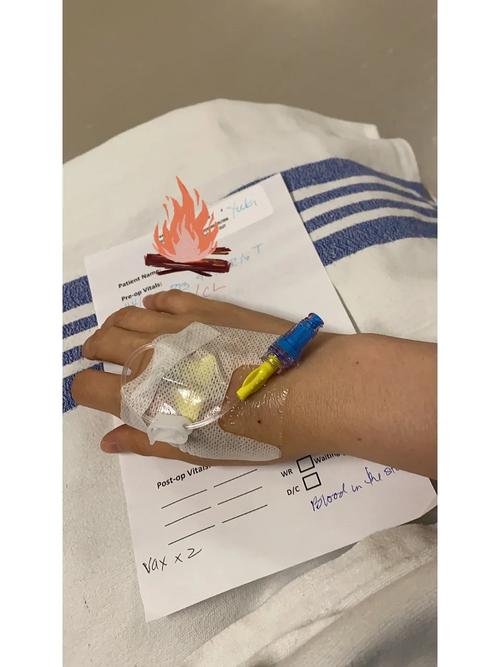
Understanding Hysterectomy
After undergoing a hysterectomy, which is the surgical removal of the uterus, it’s crucial to understand the recovery process. This article aims to provide you with a comprehensive guide on what to expect three weeks post-op.
Physical Recovery
Three weeks after a hysterectomy, you should start to notice significant improvements in your physical condition. However, it’s important to remember that everyone’s recovery process is unique. Here are some common physical changes you might experience:

| Physical Change | Description |
|---|---|
| Less Pain | While pain is normal after surgery, you should notice a decrease in pain levels over time. Over-the-counter pain relievers can help manage discomfort. |
| Increased Energy | As your body heals, you may start to feel more energetic. However, it’s essential to listen to your body and avoid overexertion. |
| Improved Mobility | Three weeks post-op, you should be able to move around more comfortably. However, avoid heavy lifting and rigorous activities. |
Emotional Recovery
Emotional recovery is just as important as physical recovery. It’s normal to experience a range of emotions after a hysterectomy, including sadness, anxiety, and fear. Here are some tips to help you cope:
-
Seek support from friends, family, or a support group.
-
Understand that it’s okay to feel emotional. Allow yourself to grieve the loss of your uterus.
-
Stay active. Engage in activities you enjoy to boost your mood.

-
Consider talking to a therapist or counselor if you’re struggling with your emotions.
Sexual Recovery
Sexual recovery after a hysterectomy can vary depending on the type of surgery and individual factors. Here are some points to consider:
-
It’s normal to experience a decrease in sexual desire after surgery.
-
Some women may experience pain during intercourse. If this occurs, consult with your healthcare provider.
-
It may take several months to a year for sexual function to return to normal.
Follow-Up Appointments
It’s essential to attend all follow-up appointments with your healthcare provider. These appointments are crucial for monitoring your recovery and addressing any concerns. Here’s what you can expect during these visits:
-
Your healthcare provider will check your incision site for signs of infection.
-
They will assess your overall recovery and provide guidance on returning to normal activities.
-
They may order additional tests, such as blood work or imaging, to ensure your recovery is progressing as expected.
Preventing Infection
Infection is a concern after any surgery, including a hysterectomy. Here are some tips to help prevent infection:
-
Keep your incision site clean and dry.
-
Avoid soaking in water, such as baths, until your healthcare provider gives you the okay.
-
Follow your healthcare provider’s instructions regarding activity levels and hygiene.
-
Report any signs of infection, such as redness, swelling, or discharge, to your healthcare provider immediately.
Long-Term Care
After a hysterectomy, it’s important to take care of yourself long-term. Here are some tips to help you maintain your health:
-
Stay active and eat a balanced diet to support your overall health.
-
Attend all follow-up appointments with your healthcare provider.
-
Stay informed about your health and any potential risks associated with a hysterectomy.
Remember, recovery from a hysterectomy is a journey. Be patient with yourself and seek support when needed. With time, you’ll likely find



